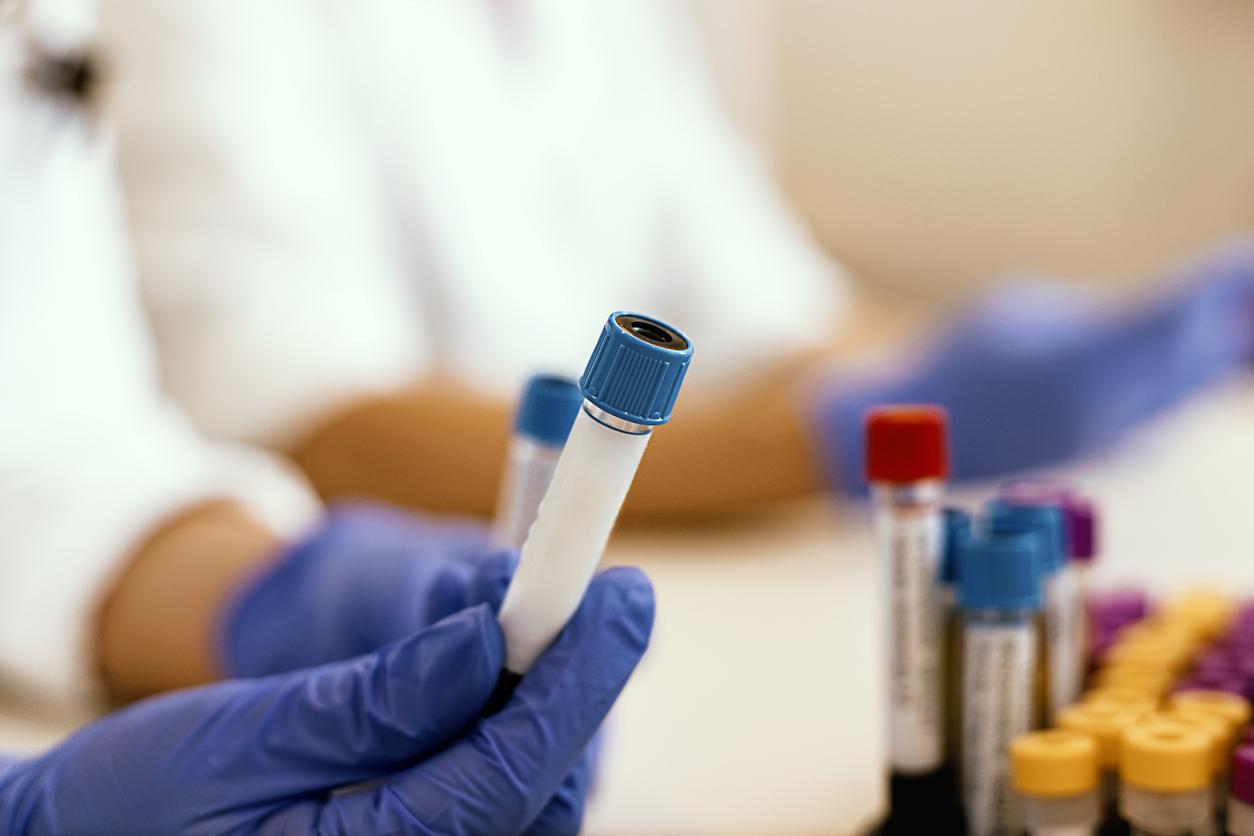An analysis published today in Science examined blood samples from patients with long COVID and found significant serum protein changes, opening the door to developing biomarker-based tests to identify the condition.
The protein changes suggest a significant alteration of the complement system, which results in the immune system remaining activated and inflamed after acute infection, the authors explained.
The complement system also controls blood clotting and the repair of damaged tissue, and dysregulation of complement proteins could be behind the wide and varied symptoms experienced by long-COVID patients.
In patients with Long Covid, the complement system no longer returns to its basal state, but remains activated.
"In patients with Long Covid, the complement system no longer returns to its basal state, but remains activated and, thus, also damages healthy body cells," said lead researcher Onur Boyman, MD, a professor of immunology at the University of Zurich, in a university press release.
The researchers analyzed blood serum samples collected from 113 patients who either fully recovered from COVID-19 (73) or developed long COVID (40), as well as healthy controls (39).
Samples were collected at baseline and 6 months after acute illness, and researchers screened for serum levels of 6,596 human proteins.
Complement system, clotting proteins show greatest difference
The blood antimicrobial defense systems of complement and pentraxin 3 were elevated in blood samples collected at 6 months in the patients who had developed persistent symptoms associated with long COVID, including fatigue and brain fog.
Long-COVID patients also had significantly more terminal complement complex (TCC) at 6 months, which can result in cell activation, breakdown, and tissue damage.
"Markers of hemolysis, tissue injury, platelet activation, and monocyte–platelet aggregates were increased in Long Covid," the author wrote. "These patients also showed signs of antibody-mediated activation of the classical complement pathway, which was associated with increased anti-CMV (cytomegalovirus, also known as human herpesvirus 5) and anti-EBV (Epstein-Barr virus) immunoglobulin G (IgG) antibody levels."
The discovery means long-COVID treatment may be found in treatments for other chronic diseases involving complement activation, which include neurodegenerative diseases.
"Our work not only lays the foundation for better diagnosis, but also supports clinical research into substances that could be used to regulate the complement system. This opens up new avenues for the development of more targeted therapies for patients with Long Covid," said Boyman.
Experts urge caution
Some experts said that while the study is important and raises key questions about long COVID, they caution that the findings need to be replicated with larger studies.
Claire Steves, MBBS, PhD, a professor of aging and health at King's College London, said in a Science Media Centre expert reaction, "I would caution that this study includes a very small number of individuals living with Long COVID, and larger studies are really needed to replicate these findings. Similarly, this study does not have a positive control group—that is, individuals with a non-COVID infection who also had symptoms, so we don't know if these signals are specific to COVID or related to long symptoms generally."
While this work needs to be repeated in other cohorts, it does identify some leads.
Peter Openshaw, MBBS, of Imperial College London, said, "While this work needs to be repeated in other cohorts, it does identify some leads which can be followed to unravel the complexity of Long COVID. Although they identify possible diagnostic markers, these are not ready to be applied clinically.
"It is important to emphasise that it would be premature to give new treatments to patients on the basis of these findings, but the study does point the way in terms of which new therapies might be tested in future trials (some of which are already underway)."
Finally, David Lynn, PhD, a professor of systems immunology at Flinders University in Adelaide, Australia, said, "While these findings are exciting and important, it is important to note that this publication is one of several high-profile publications published in the last year or two showing that different aspects of the immune system are dysregulated in long COVID. Much work remains to be done to unify the different mechanisms that have been proposed in these different studies and more importantly to develop novel treatments based on these findings for patients suffering from this debilitating chronic condition."





















